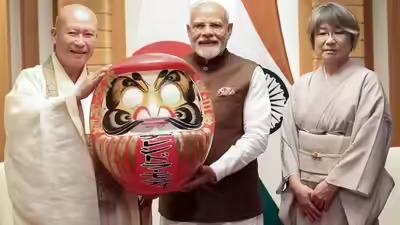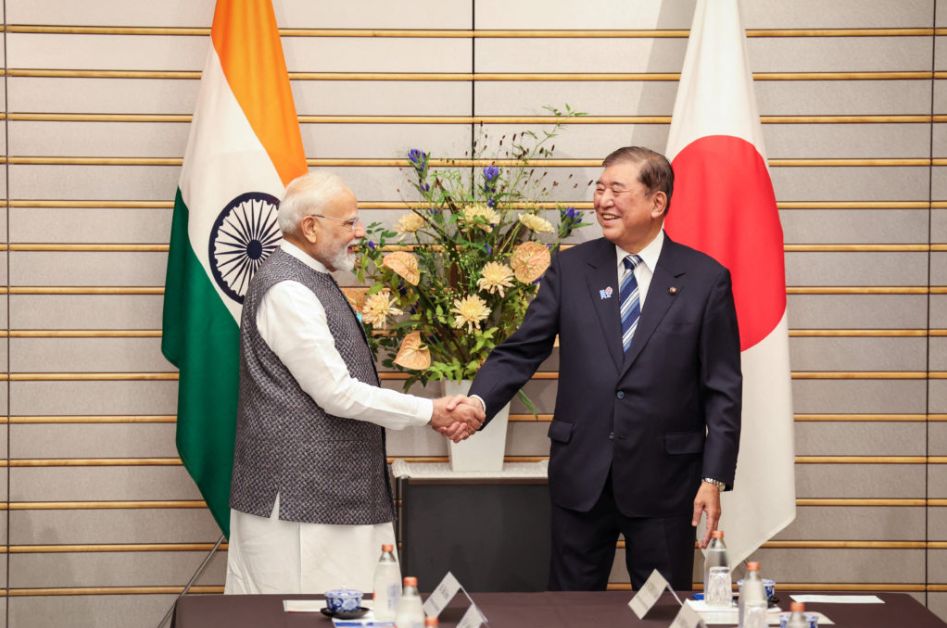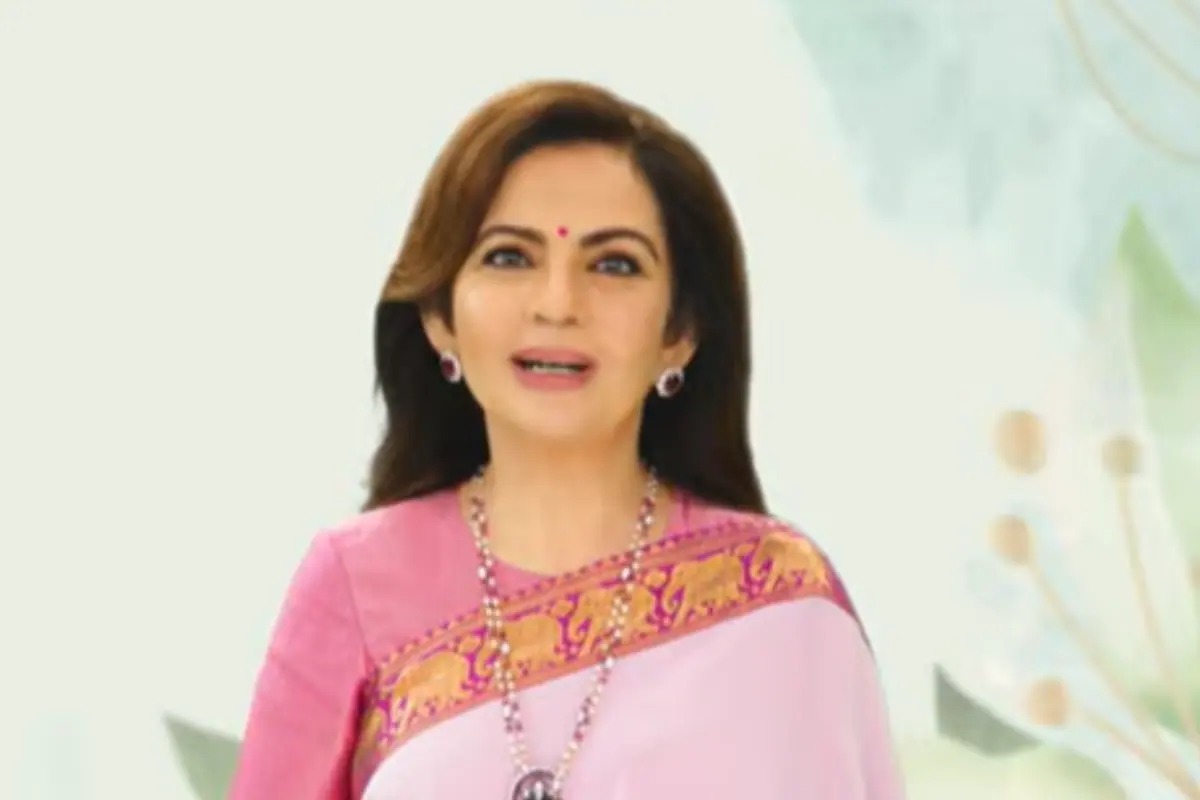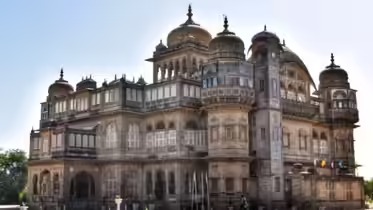
Follow WOWNEWS 24x7 on:

During his two-day visit to Tokyo for the 15th India-Japan Annual Summit, Prime Minister Narendra Modi received a culturally significant gift from Japan—a Daruma doll, presented by Rev. Seishi Hirose, Chief Priest of the Shorinzan Daruma-Ji Temple. The gesture, steeped in symbolism and tradition, reflects the deepening ties between the two nations and their shared values of perseverance, leadership, and spiritual resilience.
The Daruma doll, one of Japan’s most iconic good luck charms, is more than a decorative souvenir. It is a talisman of determination, modeled after Bodhidharma, the Indian monk credited with founding Zen Buddhism in Japan. The gift to PM Modi carries layers of meaning, from historical connections to contemporary diplomatic goodwill.
Key Highlights From The Cultural Exchange
- PM Modi received the Daruma doll on August 29, 2025, during his official visit to Tokyo
- The doll was gifted by the Chief Priest of Shorinzan Daruma-Ji Temple, located in Takasaki, Gunma Prefecture
- Daruma dolls are modeled after Bodhidharma, a monk believed to have originated from southern India
- The doll symbolizes perseverance, good fortune, and the Japanese proverb: fall down seven times, get up eight
- The gifting ritual involves painting one eye while making a wish or setting a goal, and the second eye upon fulfillment
Origins And Symbolism Of The Daruma Doll
The Daruma doll traces its roots to the Edo period, when local farmers in Takasaki began crafting these figures as lucky charms to pray for good harvests and protection from misfortune. The doll’s design—round, hollow, and limbless—represents Bodhidharma’s legendary nine-year meditation, during which his limbs atrophied due to immobility.
Its intense gaze and blank eyes are symbolic. When someone receives a Daruma, they typically make a wish or set a goal and fill in one eye with black ink. Once the goal is achieved, the second eye is painted, completing the doll’s transformation into a marker of success and commitment.
The Daruma’s red color is traditionally associated with protection from illness, particularly smallpox, and its face often incorporates features of mythical animals like the crane and turtle, both symbols of longevity and well-being.
India–Japan Connection Through Bodhidharma
The Daruma doll’s Indian connection adds depth to its presentation to PM Modi. Bodhidharma, believed to have hailed from Tamil Nadu or Kerala, traveled to China in the 5th or 6th century and later became a revered figure in Japanese Zen Buddhism. His teachings and image inspired the creation of the Daruma doll, making it a symbol of Indo-Japanese spiritual heritage.
By gifting the doll to PM Modi, Japan not only honored a shared cultural lineage but also extended a wish for continued strength and success in India’s national journey.
Diplomatic Significance And Broader Context
The exchange took place amid high-level discussions on trade, investment, and strategic cooperation. Japan is expected to announce a doubling of its investment target in India, alongside new agreements in defence, science, and technology. The Daruma doll, in this context, serves as a metaphor for resilience in bilateral relations and a shared commitment to long-term goals.
PM Modi’s visit also included meetings with Japanese Prime Minister Shigeru Ishiba and former leaders Yoshihide Suga and Fumio Kishida, reinforcing the multifaceted nature of India–Japan ties.
Cultural Outlook: A Gift That Embodies Hope And Purpose
The Daruma doll gifted to PM Modi is more than a ceremonial token—it is a symbol of mutual respect, shared history, and aspirational diplomacy. As India and Japan continue to shape the future of the Indo-Pacific region, the doll stands as a reminder that perseverance, vision, and cultural understanding are the true foundations of enduring partnerships.
Sources: India TV News, Firstpost, Hindustan Times, MSN India, India Today


